Throckley





Counting on Katherine by Helaine Becker
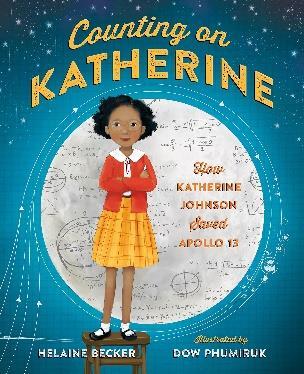
One Little Bird by Sheryl Webster
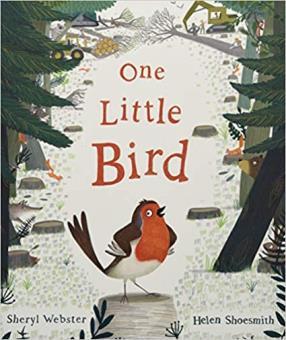
Under the Same Sky by Britta Teckentrup
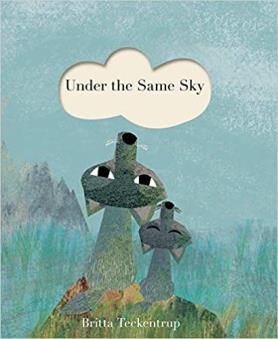
The Invisible Boy by Trudy Ludwig Elmer by David McKee Stuck by Oliver Jeffers
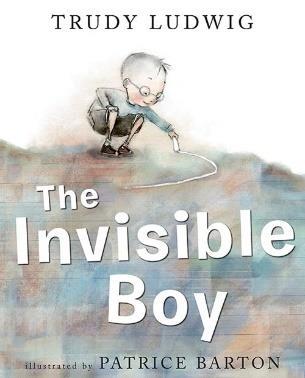
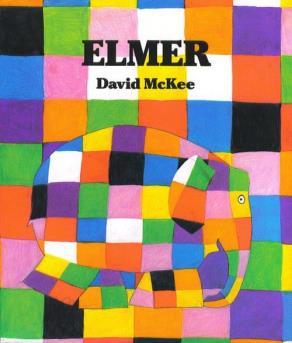
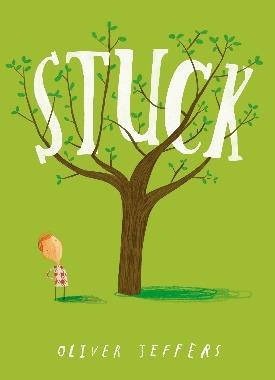
Vocab to be introduced and repeated


Recap of content from previous years:
Y1: Letter, capital letter word, singular, plural, sentence punctuation, full stop, question mark, exclamation mark.
Y2: Noun, noun phrase, statement, question, exclamation, command, compound, suffix, adjective, adverb, verb tense (past, present) apostrophe, comma, past progressive
Y3: Preposition, conjunction, word family, prefix, clause, subordinate clause, direct speech, consonant, consonant letter, vowel, vowel letter, inverted commas, present progressive
Y4: Determiner, Article, pronoun, possessive pronoun, adverbial.

Modal verb, relative pronoun, relative clause, parenthesis, bracket, dash, cohesion, ambiguity.
Ambiguity, context, parenthesis, relative pronoun, structural features, broadsheet, comment, journalism, justification, point of view, reported speech, tabloid, unbiased, bias, balanced, contrast, act, script, speech, stage direction, scene, improvisation.

Recognise vocabulary and structures that are appropriate for formal speech and writing, including subjunctive forms.
Use the perfect form of verbs to mark relationships of time and cause.
Use expanded noun phrases to convey complicated information concisely.
Use modal verbs or adverbs to indicate degrees of possibility.


Use relative clause beginning with who, which, where, when, whose, that or with an implied relative pronoun.
Use commas to clarify meaning or avoid ambiguity in writing.
Use brackets, dashes or commas to indicate parenthesis.
Use and understand grammatical terminology appropriately when discussing writing and reading.
Plan:
Identify the audience and purpose of the writing selecting the appropriate form.
Take notes and develop initial ideas, drawing on reading and research.
Draft:
In narrative writing, consider how authors have developed characters and settings.
Select appropriate grammar and vocabulary and understand how choices can change and enhance meaning.
Describe settings and characters and integrate dialogue to convey character and advance action.
Evaluate:
Assess the effectiveness of own and others’ work, proposing changes to grammar and punctuation to enhance and clarify meaning.
Ensure the consistent use of tense across a piece of writing.
Ensure subject verb agreement when using singular and plural.
Proof read for spelling and punctuation errors.
Perform own compositions, using appropriate intonation, volume and movement.
Using the Read Write Inc scheme, class teachers will deliver numerous spelling sessions weekly using the workbooks to ensure success and confidence in reading, writing and spelling.
Use further prefixes and suffixes and understand the guidance for adding them.
Spell some words with ‘silent’ letters.


Continue to distinguish between homophones and other words and other words which are often confused.
Use knowledge of morphology and etymology in spelling and understand that the spelling of some words needs to be learnt specifically (English Appendix 1)
Use dictionaries to check the spelling and meaning of words.
Use the firs three or four letters of a word to check spelling, meaning or both of these in a dictionary.
Use a thesaurus
In order to ensure pupils develop their handwriting and have pride in their work, regular, pacey handwriting sessions will be taught weekly by class teachers following the scheme PenPals. Alongside these sessions, class teachers will continue uphold high expectations for presentation in all work books and provide additional interventions if or when needed.
Choose which shape of a letter to use when given choices and deciding whether or not to join specific letters.
Choosing the writing implement that is best suited for the task.
Throughout the year, class teachers will plan, teach and assess in line with the objectives and vocabulary outlined above. Working alongside Jane Considine’s The Write Stuff approach, children will discover a range of exciting, purposefully-selected texts (please see Year 5’s Reading Library below) to help support and develop their reading, spelling, handwriting and writing skills in order to become confident within their year group’s curriculum and instil a love and passion for the world of English.
For more information on how English is taught and delivered at Throckley Primary School, please see the document: English- Intent, Implement, Impact.
School
Year 5 English Curriculum Overview
Purposes studied: To entertain, to persuade, to discuss and to inform.
Week 1
Classics Study: Treasure Island by Robert Louis Stephenson
Week 2 Week 3
Writing Outcome: Setting description
Harry Potter and the Philosopher’s Stone by J.K. Rowling
Writing Outcome: Write a fantasy narrative.
Romeo and Juliet by William Shakespeare
Writing Outcome: Letter from Romeo to Juliet after he has been banished
The History Detective Investigates: Mayan Civilization
Writing Outcome: Detail explanation of how the Mayan civilisation influenced the modern world
Links to History: The Mayans
Week 4
Week 5
Treason by Berlie Doherty (linked to the Battle of Newburn)
Writing Outcome: Essay question -- What caused the Battle of Newburn?
Links to History: Battle of Newburn
Harry Potter and the Philosopher’s Stone by J.K. Rowling
Writing Outcome: Newspaper report on Quidditch match
SAL outcome: Drama role play. Newspaper reporter and Qudditch players.
Shakespearean Sonnets
A Walk in Paris by Salvatore Rubbino
Vikings in 30 Seconds by Phillip Steele
Writing Outcome: Nonchronological report on Viking life
Links to History: The Vikings
Cosmic by Frank Cottrell-Boyce
Writing Outcome: Short narrative
Writing Outcome: Writing a 14 line rhyming poem about a chosen topic.
SAL outcome: Reciting poetry (sonnets)
Writing Outcome: Travel blog about Paris Links to Geography: How does Paris compare to London?
Lost Magic: The Very Best of Brian Moses.
Writing Outcome: Narrative poetry on Earth and space in the style of Brian Moses.
SAL outcome: Reciting poetry with expression.
Links to Science: Earth and Space
The Lost Thing by Shaun Tan
Writing Outcome: Persuasive text to convince somebody to rehome a lost or abandoned item
Fiction Non-fiction Poetry
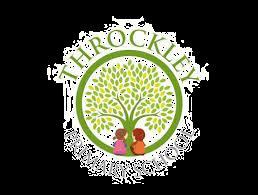



Reading will remain a priority throughout the year, with a particular focus on instilling a love of books. Class teachers will regularly teach the below objectives through reading lessons, book talk discussions, English lessons, cross-curricular opportunities, and home time reading.
Apply their growing knowledge of root words, prefixes and suffixes (morphology and etymology) both to read aloud and to understand the meaning of new words that they meet.
Continue to read and discuss an increasingly wide range of fiction, poetry, plays, non-fiction and reference books or textbooks
Read books that are structured in different ways and read for a range of purposes.
Increase familiarity with a large range of books including; myths, legends and traditional stories, modern fiction, fiction from out literacy heritage, and books from other cultures and traditions.
Recommend books that they have read to their peers, giving reasons for their choices.
Learn a wider range of poetry by heart.
Show understanding through intonation, tone and volume so that the meaning is clear to an audience.
Check that the book makes sense to them, discussing their understanding and exploring the meaning of words in context
Ask questions to improve their understanding.
Draw inferences such as inferring characters’ feelings, thoughts and motives from their actions, and justifying inferences with evidence.
Predict what might happen from details stated and implied.
Summarise the main ideas drawn from more than one paragraph, identifying key details that support the main ideas.
Identify how language, structure and presentation contribute to meaning.
Distinguish between statements of fact and opinion.
Retrieve, record and present information from non-fiction.
Participate in discussions about books that are read to them and those they can read for themselves, building on their own and others’ ideas and challenging views courteously.


